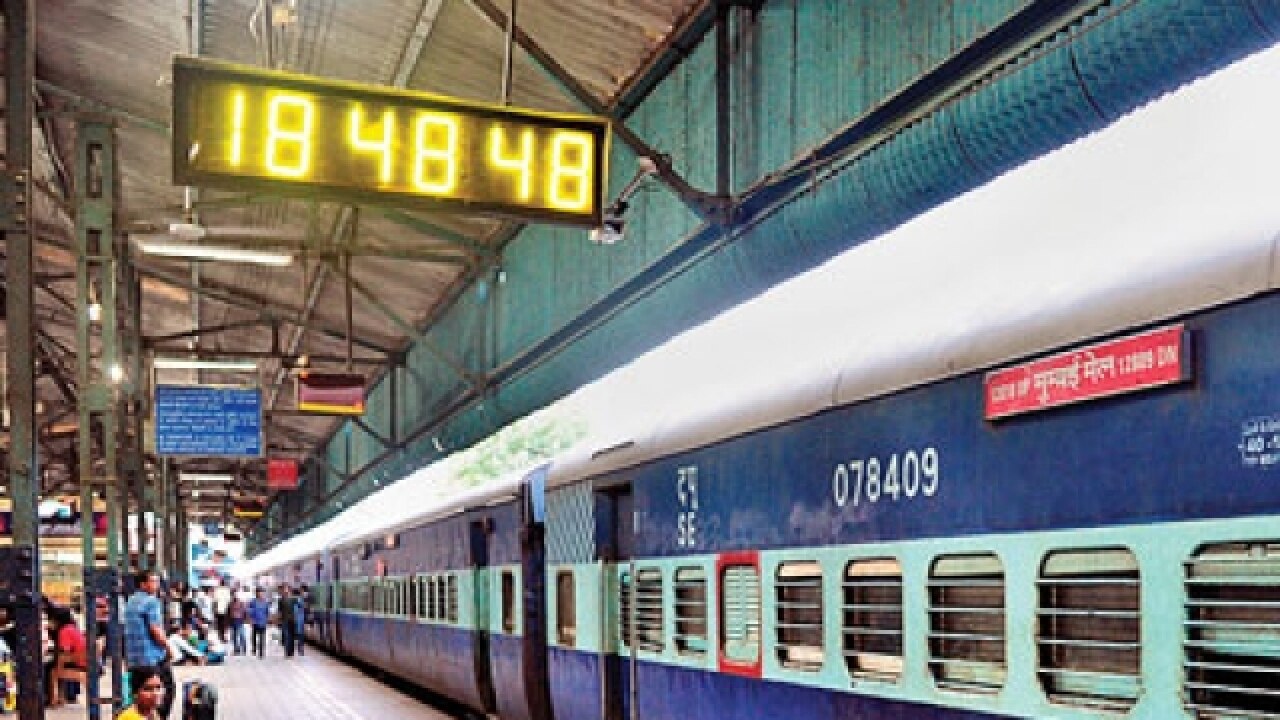
The central government’s decision to merge the General and Railway Budgets is a rational move that will turn the focus back to the Indian Railways’ crying need to boost its capital expenditure over the next few years. The demand for merging the rail budget with the general budget had come from the railways minister Suresh Prabhu as a solution to addressing the railways’ revenue deficit and capital expenditure needs. Currently, the Indian Railways (IR) gets funds from the government through Gross Budgetary Support (GBS) allocation in the general budget. However, this is meant only for meeting capital expenditure needs like new lines and gauge conversion. But this also includes allocations to a host of railway PSUs which are independent of IR.
Nearly Rs.10,000 crore of the Rs.40,000 crore allocation to railways in the 2015-16 budget went to the Dedicated Freight Corridor Corporation and various metro rail projects. Moreover, IR also has to pay dividend back to the government on the GBS that it received in previous years which was to the tune of Rs.10,800 crore in 2015-16. Besides, IR also incurs losses of Rs.34,000 crore because of its social service obligations through subsidised passenger and freight fares and running non-profitable operations in national interest and for strategic needs. In essence, money that the Indian Railways could have used for its operations and maintenance and safety needs was going back to the government or leading to a loss for the Railways because of the current budgetary structure.
By handing the baton back to the finance ministry, Prabhu will be hoping that the finance ministry will change its allocation patterns for the IR. Ironically, the Railway Budget was mooted as a solution in the 1920s because of the failure of the British government to allocate adequate funds for capital expenditure. It was pointed out that rather than the government allocating money for the upcoming financial year through the general budget, the railways should treat itself as an independent and freely functioning commercial entity enjoying its own budgeting autonomy and that allocations from the government would be paid back as dividend the next year. Though the budgets were separated, the political stranglehold over the IR worsened and turned the Rail Budget into a tool to dispense populism.
Until Prabhu put a stop to it, a succession of railway ministers used the rail budget to cultivate their respective political constituencies by announcing new trains and railway lines without any consideration for costs, pending projects or operational viability. As a result, there are 170 new lines, 233 track doubling works, close to 5,000 safety-related projects, and 1,287 rolling stock projects pending, which will cost Rs.5 lakh crore to complete. Though the responsibility for budgeting has been passed to the finance ministry, there will be no change in the harsh ground realities that the Railways face. Nearly 51 per cent of its revenues are paid out as salaries and pensions, and it cannot raise fares without raising a public outcry. Though freight earns the IR a large chunk of its revenues, it is losing its revenue share to other modes of transport because of the inability of the IR to scale up to market demand. The Bibek Debroy committee has suggested that the IR devolve more powers to zones and divisions to ensure faster completion of projects, transition to a commercial accounting system, and hive away various production units into competing entities. Having given away its budgeting powers, the Railways will have to show the resolve for implementing reforms if it expects the finance ministry to loosen its purse strings.